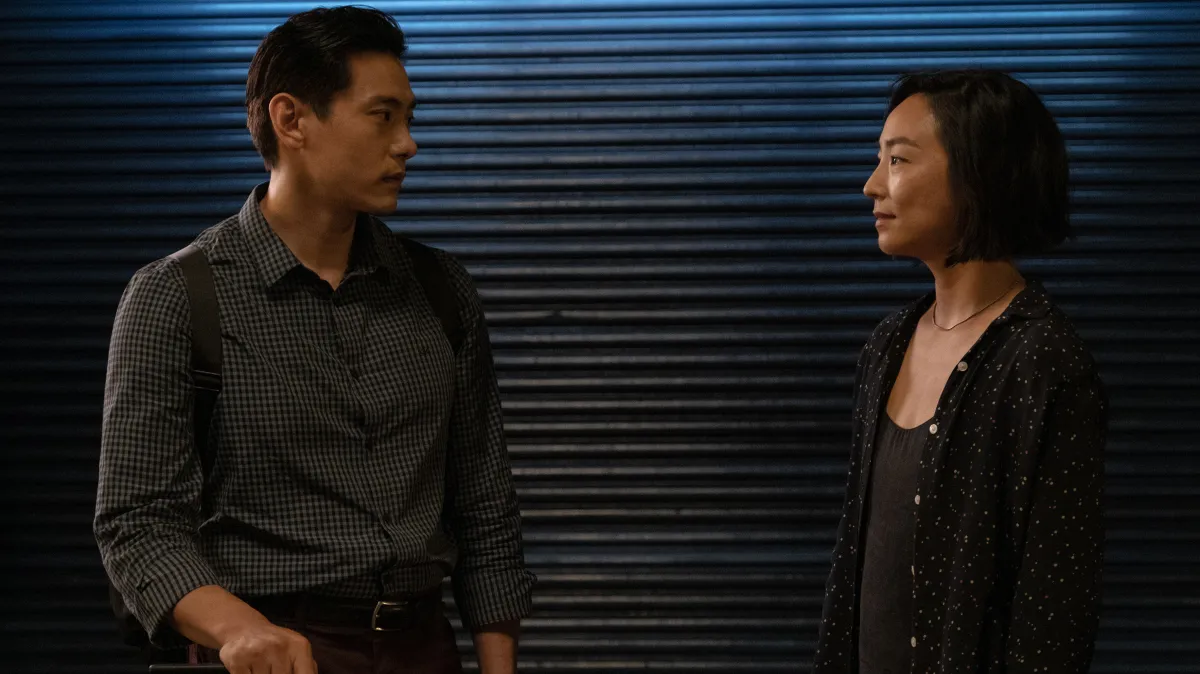Nora and Hae Sung, childhood friends with a deep bond, are torn apart when Nora’s family emigrates from South Korea to Canada. Two decades later, they reunite in New York for a pivotal week where they wrestle with fate, love, and the choices that shape the journey of life.
Who are we? Who have we been? Who might we have been if our paths hadn’t diverged? Céline Song‘s debut film, nominated for Best Picture and Best Original Screenplay at the Oscars, delves into an existential question so fundamental it borders on the cliché. Yet, her script, where the craft of playwriting shines through, coupled with a keen formal thought, manages to bestow Past Lives with an effortless naturalness that makes it profoundly relatable, enveloping the viewer in a cozy, melancholic pleasure.
From the get-go, Song’s intentions are crystal clear. The opening shot places the film’s three characters at a bar counter, bathed in a warm, soft light, exchanging glances without us hearing their words. Instead, two off-screen voices, observers of the scene, speculate on the trio’s connection and the nature of their situation. This sequence acts as a curtain raiser, engaging the audience’s perspective and highlighting the significance of viewpoints in the narrative.
A flashback then introduces us to the story of Na Young – who emigrated from Korea to Canada at twelve with her artist parents – and her schoolmate, Hae Sung. Song traverses the ripples of this early, innocent love through the years, reflecting on relationships, emotions, happenstances, and life choices. With autobiographical nods, Na Young’s portrait (entrusted to the magnificent Greta Lee) becomes Song’s means of exploring identity construction among those belonging to multiple cultures, those internally driven by diverse, sometimes conflicting influences, not always easy to reconcile or at peace. A multiplicity that is both a precious wealth and a complex legacy to navigate.
With its calm yet engaging narrative and the elegant, contemporary aesthetics of a cinema that’s thoughtfully and precisely stylized without feeling artificially polished, Song conveys the complexity of an emotional, psychological, and cultural condition. This complexity speaks of atavistic memory and, significantly, of our times – of being fatalistic or, conversely (sometimes stubbornly), action-oriented; of how everyday technology can rewrite the timelines and spaces of our lives and the myriad perspectives we might adopt on them.
By reworking the classic narrative device of multiple viewpoints and weaving times and perspectives in a manner that’s anything but mechanical, Song invites us, and herself, to consider how we might become spectators of our own lives – and those of others – once we start questioning. And, crucially, what these questions might be, as endless as the possibilities of past (and future) lives.
Chiara Borroni
Cineforum, February 13, 2024





